
Klaus Iohannis
Fotó: Klaus Iohannis/Facebook
Personally, I think it is right that the head of state has made up his mind and is stepping down from the presidency. There is just one problem: this gesture has come too little too late from Klaus Iohannis.
2025. február 15., 12:532025. február 15., 12:53
Just as his reign enabled the extreme nationalist, sovereignist forces in Romania to gain footing, his resignation could further strengthen them. According to information leaked to the press, Iohannis announced his resignation after finding out that if he failed to do this on his own, the parliament would withdraw its support, and within days he would have to leave power even more ignominy.
The most positive development for him would be if his persona were to sink into oblivion, into obscurity. But that is not the case at the moment. He provokes impassioned rejection from almost the entirety of Romanian society. Both from those who elected him at the time and from those who never supported him; he has demonstrated exactly how his office should not be held.
The Hungarians of Transylvania were among the first to get a sense of Iohannis' cynicism.
Even when he was first elected, the question arose: is it beneficial for a national minority community which is striving for full equality, if a member of another minority wins the presidency and testifies with his person that the minority issue had been resolved in Romania? Nevertheless, it was right to vote for Iohannis. For the first time, a Transylvanian politician was elected to the presidency. Someone who understands the experience of minorities, as he himself is a minority.
They had reason to think, we had reason to think: the president would be more understanding of aspirations for autonomy, since he himself would not have been able to preserve his Saxon national identity if his community had not enjoyed territorial autonomy within the Hungarian kingdom for centuries. We could have also assumed that as a German, he would read in his native language about South Tyrolean autonomy, which serves as a model for the Hungarians in Transylvania. A person with a background like his cannot claim that such forms of autonomy are not exemplary legal solutions for the integration of national minorities.
His crime is not that he remained insensitive to minority issues – unfortunately we are used to this. Rather, it is that he used the Hungarian community's appeals for autonomy as a tool to incite Romanian society against the Social Democratic Party (PSD). As a reminder: after the autonomy bill was tacitly adopted in one of the chambers of parliament, which would have helped the situation of Hungarians in Romania, he accused the PSD of wanting to sell Transylvania to the Hungarians. The „ionopotchivanoc, PSD” TV statement in April 2020 was one of the most repulsive and appalling presidential statements made in the Cotroceni Palace since 1990.
At that time, however, only the Social Democrats and the Hungarians felt the presidential unscrupulousness firsthand. The supporters of the National Liberal Party (PNL) most likely believed that the end justifies the means. However, Iohannis became void in their eyes when, in his second mandate, he was forced to invite PSD to govern – the very same party he had tried to drag through the mud by playing the Hungarian card.
He expected governments to save money and reduce the economic deficit while he himself went on luxurious and completely useless trips at taxpayers' expense. He disappeared from public life for months. He remained silent when he should have spoken out on key issues, and hid from the public when he should have been held accountable for his own excesses. He did not take responsibility for his decisions.
Klaus Iohannis „earned indelible merits” in strengthening the extremist, nationalist parties. Although this was not his intention, the emotions provoked by his cynicism played an important role in the emergence and strengthening of these parties. It is also his fault that these parties can celebrate his resignation as a victory; after all, he waited for the extremists to initiate his suspension. If he had announced it when the Constitutional Court invalidated the presidential election, or when the Senate was formed and there was already someone to temporarily hand over the task to, he would not have provided the sovereignists the opportunity to celebrate their own victory.
He has to go because his presence is harmful to European-oriented parties. An election campaign is starting in Romania, and the political formations in power must show that they got the message from the electorate. Voters made it clear in December that they are disappointed and disillusioned with the political parties in place. They realized that they made a mistake by nominating Klaus Iohannis. They realized that they played a role in bringing an unworthy, distrustful person into the Cotroceni Palace.
You cannot stand before the voters with the political corpse of Klaus Iohannis still on display.
The corpse must be cleaned up, and every means must be utilized to demonstrate that they have learned from what happened and that this cannot happen again. The Recorder.ro portal's investigation and revelations made it impossible for Klaus Iohannis to retire to the 1,200 square meter villa in Bucharest, which was renovated for him – no doubt – at a cost of 7 million euros. Thus, he will have to live out his life as a retired president in more modest circumstances after his presidential mandate.
Auf wiedersehen is the German equivalent of „see you later”. We do not insist on seeing him again.

Személy szerint helyesnek tartom, hogy Klaus Iohannis rászánta magát, és távozik az elnöki tisztségből. Épp csak egy baj van: megkésett a gesztussal.
As of August 1, shoppers will have to dig deeper into their pockets – partly due to a 2–12% increase in the value-added tax (VAT), and partly due to the rise in excise duties.
“I would like to speak with Romania’s new president as soon and as extensively as possible, because we have shared issues within the European Union, and the interests of Romanians and Hungarians often align," Prime Minister Viktor Orbán told Krónika.
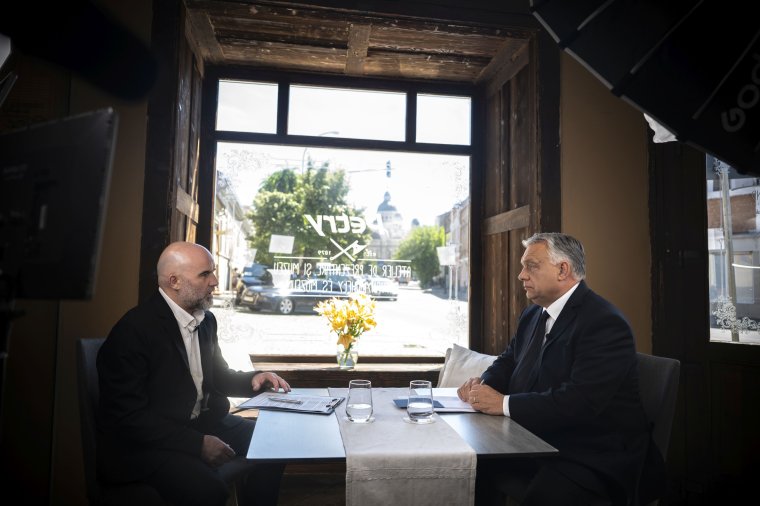
Although Romania is in urgent need of major adjustments given its struggling financial situation, the four-party coalition was only just formed following the presidential election in May.
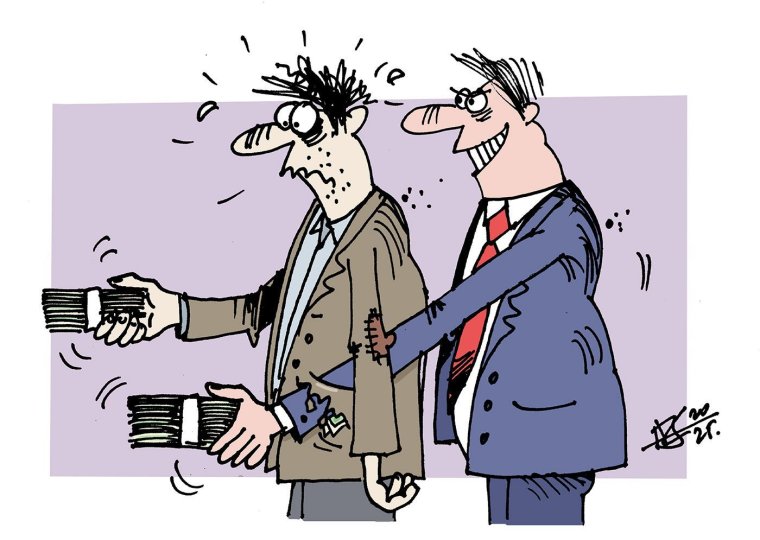
Desperate, silent people, hopelessness, and the authorities’ secrecy characterize the situation in Parajd (Praid) following the salt mine tragedy.
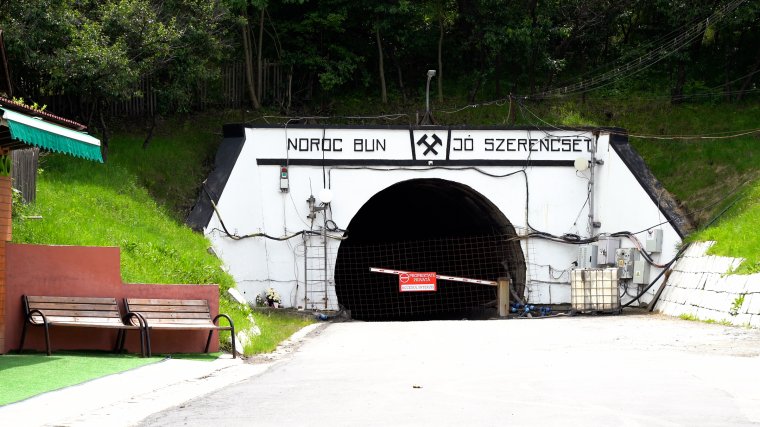
Romania has lost the most residents over the past 20 years among the EU member states according to the „Demography of Europe – 2025 edition” research by the Eurostat statistical office.
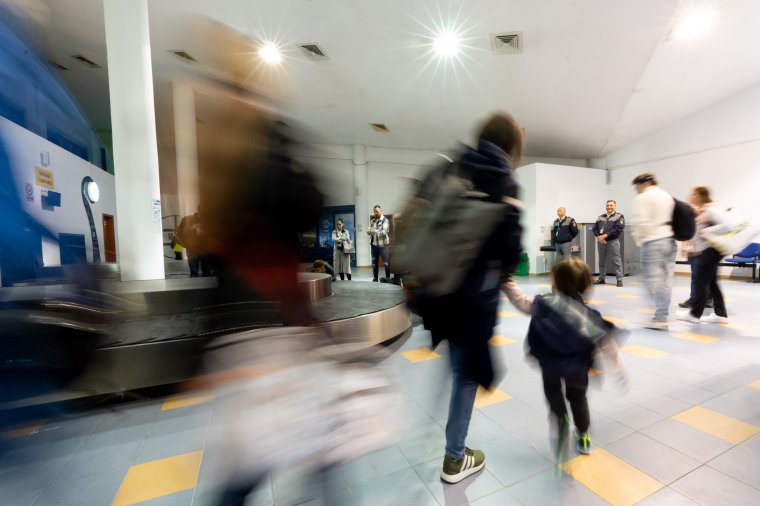
I would like to share a personal story from 1986 that I have never told before. I had just finished my first year studying physics at university.
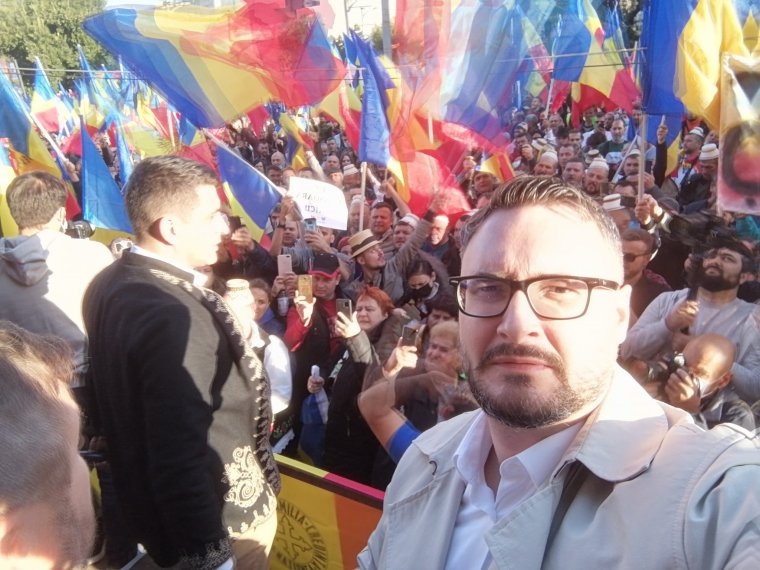
While Sunday’s first-round results of Romania’s presidential election were not entirely unexpected, the outcome delivered a political shock of historic proportions.
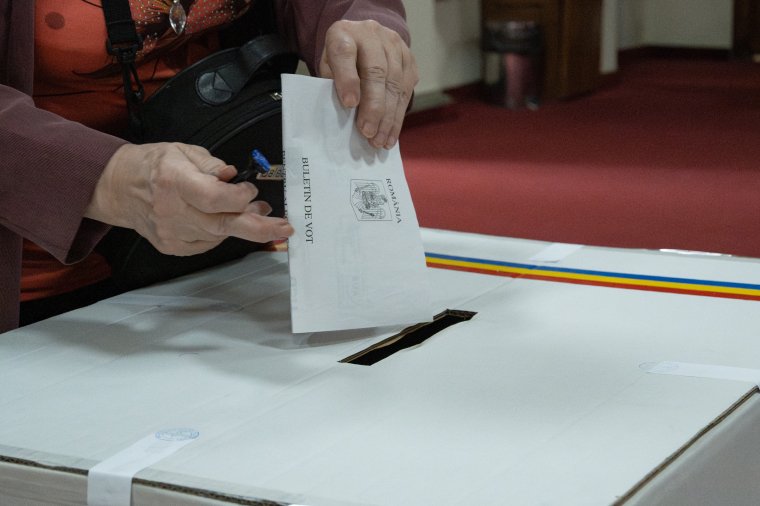
Pope Francis, who passed away on Easter Monday at the age of 88, left behind an exceptional legacy. Papal Prelate József Marton spoke to Krónika about the Pope’s role in the history of the Catholic Church and his visit to Csíksomlyó.
It took Emil Boc a long time to recover from the punch in the face that shattered the smiling cityscape posing as the poster child of multiculturalism.
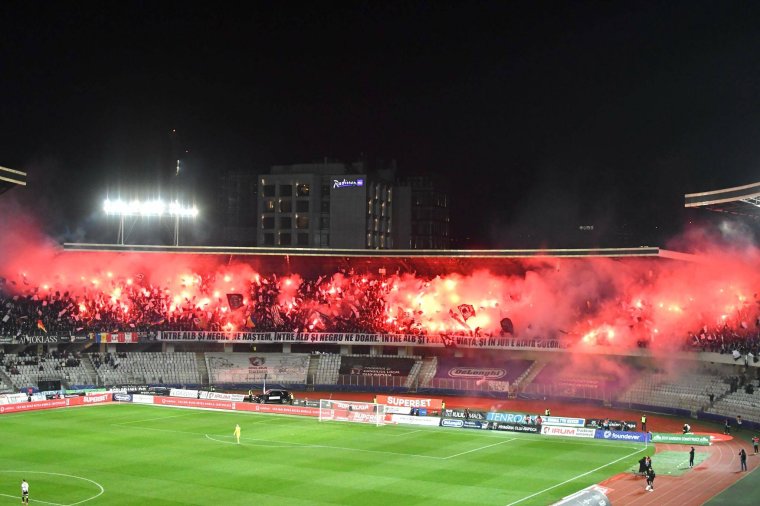
Monday night's match between the Cluj-Napoca Universitatea (“U”) and CFR football teams ended in a street fight.
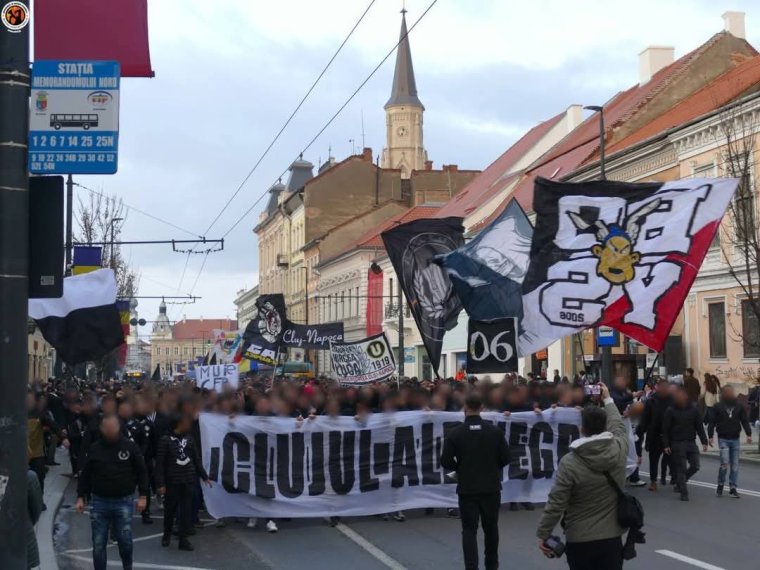
szóljon hozzá!